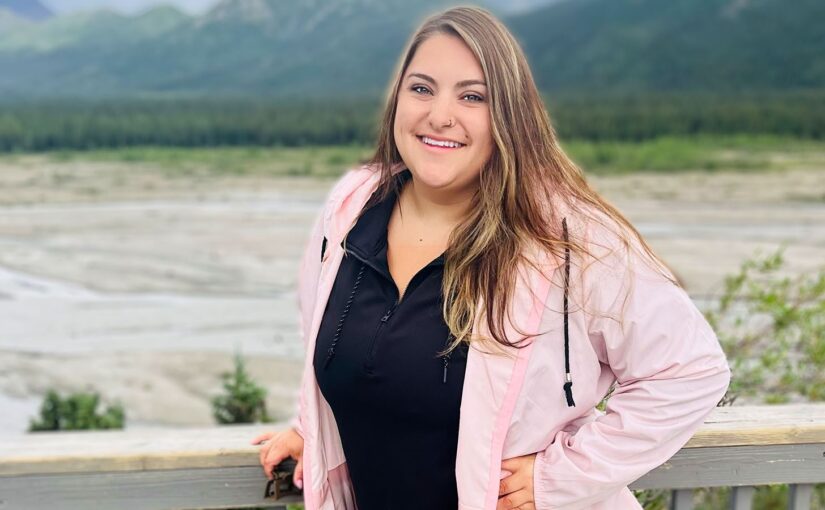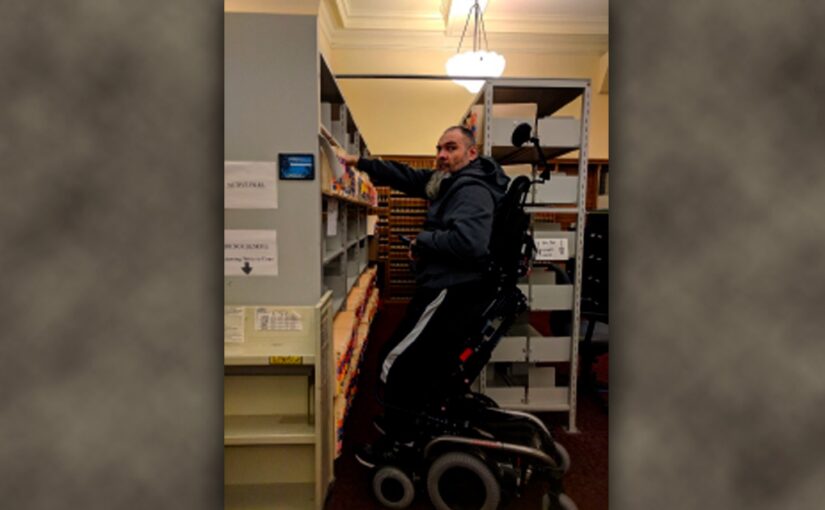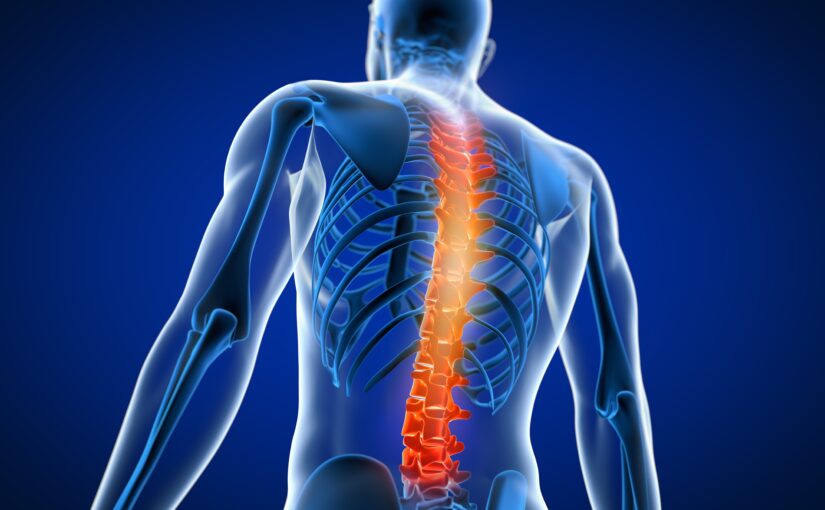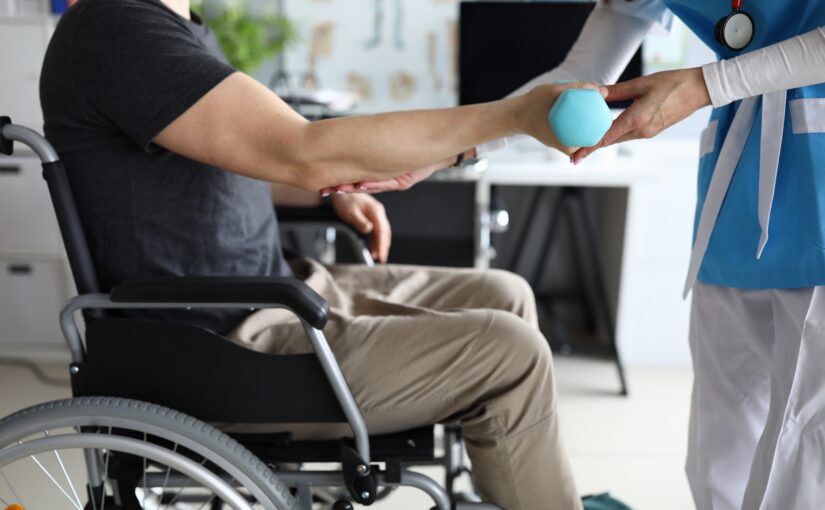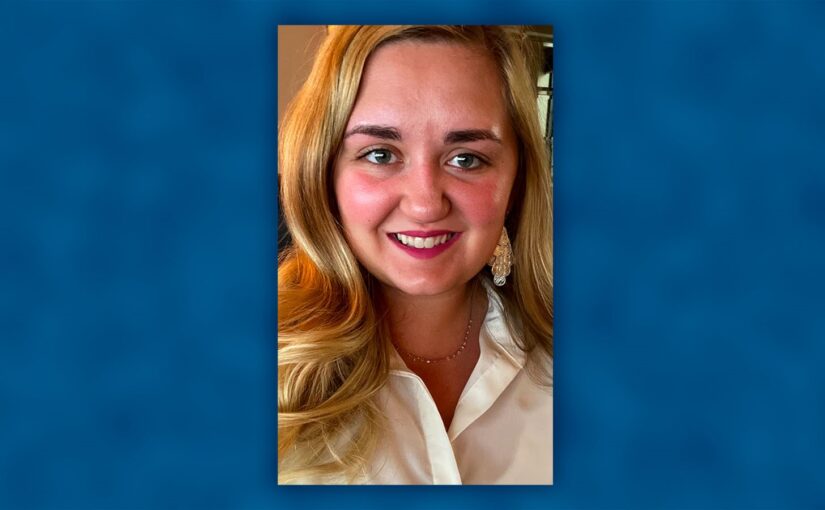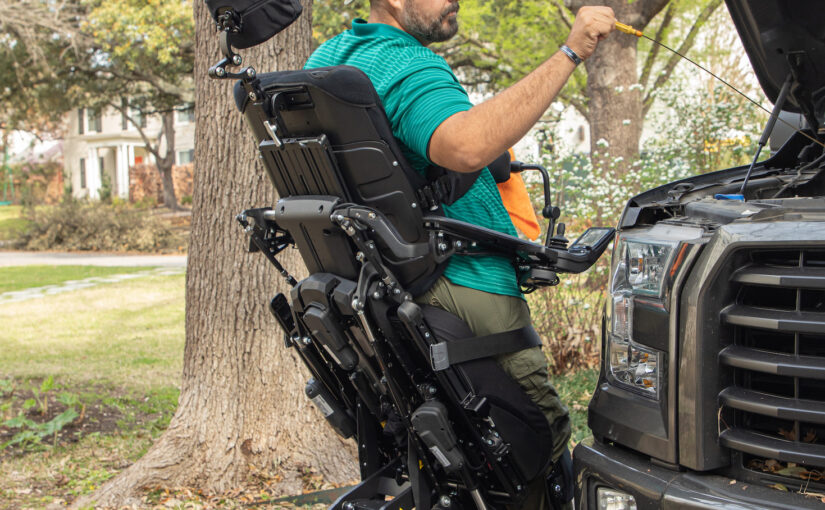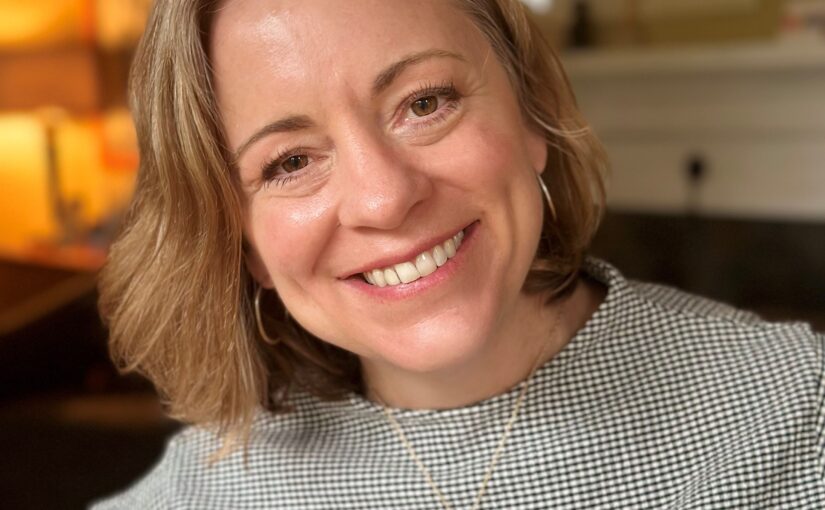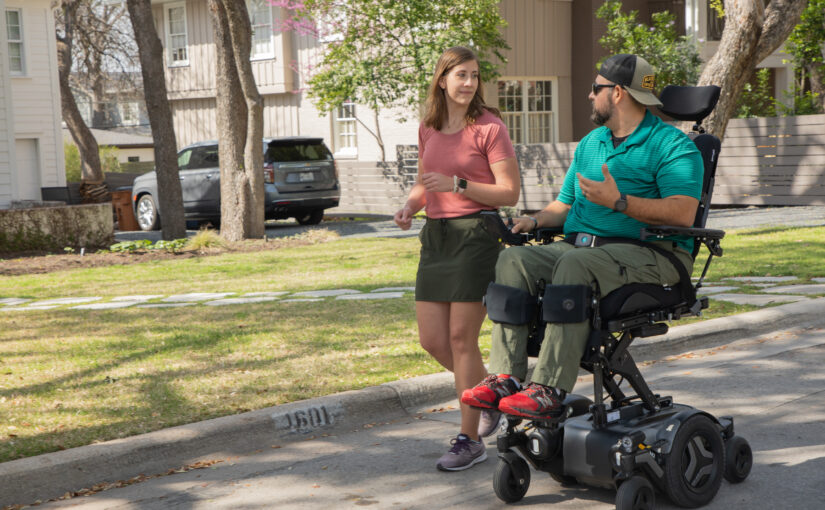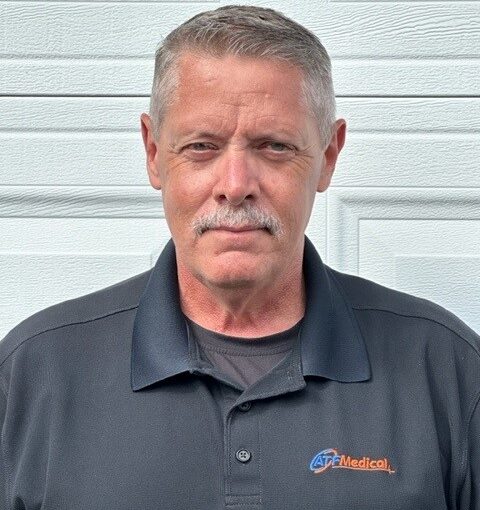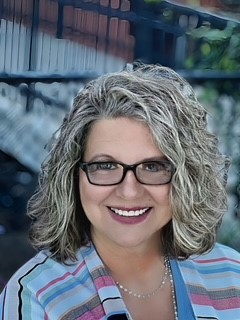Kayla Gast joined the ATF Medical team as Rehab Coordinator II in Rehab Technology in May. She is in Shawano, Wisconsin and has lived in that area her whole life. She enjoys having her whole family nearby.
After earning her Associate of Science degree in nursing, she became a Care Manager Support Assistant for Humana and later moved to Healthy Transitional Living, where she worked with foster children.
She went on into the fast-paced world of a 911 operator in the Green Bay, Wisconsin area. The job demanded effective communication skills, including active listening, empathy and attention to detail. She had to multi-task and stay calm under pressure. Perhaps the most important thing she learned from the position, though, was how to manage stress.
Kayla entered the workers’ comp industry as a Work Comp Specialist when she joined CorLife, a division of NuMotion, in 2022. She must have done very well because she received the CorLife Associate of the Year Award that year and was promoted to Senior Work Comp Claims Specialist. In that role, Kayla communicated consistently and in detail with carriers, injured workers, vendors and others. She also reviewed new claims and created a plan of action to achieve favorable outcomes. And she honed her stress management skills.
What does she like about workers’ compensation?
Kayla says the difficulty of it all appeals to her—the challenge of completing a solution for an injured worker.
“You have to be careful about what you say, and how you say it,” she noted. “And you need a lot of empathy for the injured worker. They didn’t go to work expecting to get hurt. We can help them adapt to all changes they are experiencing and make their new life a little easier.”
Kayla’s dog, Maverick
How is working at ATF Medical?
She likes the openness of ATF Medical and getting to know everyone. “The culture here is very welcoming and not only focuses on you as an employee but also as a person,” Kayla said.
Working remotely for the first time is an adjustment, but being home with her cat and dog is a nice change of pace and she doesn’t miss driving 45 minutes each way to work.
How does she spend her leisure time?
When not on the job, Kayla hangs out with her family and friends, enjoys boating and swimming at the lake. She also likes to travel and wants to do more of it.
Please welcome Kayla to the team or say hello if you’re already connected. Welcome Kayla to the team. Maybe you can share some tips on how you manage the remote work lifestyle and get some stress management techniques from her. Email her mgast@atfmedical.com.
